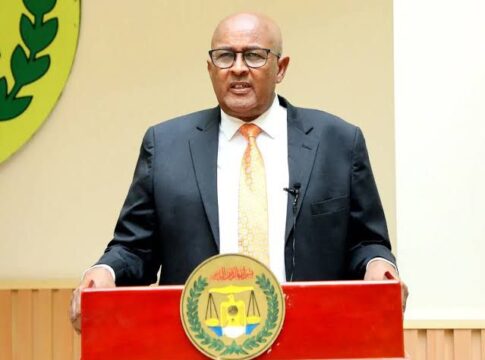Experts have raised significant concerns about the health risks and environmental impact of Genetically Modified Organisms (GMOs) in Nigeria. During a public hearing on Tuesday organized by the House of Representatives Committee on Agricultural Production, stakeholders warned that GMOs pose potential dangers to the nation’s food security, public health, and biodiversity.
Minister of Agriculture and Food Security, Abubakar Kyari, assured that the government would take every necessary step to ensure food safety for Nigerians. “The government will not deliberately bring what is poisonous to the people,” Kyari said. He emphasized the need for collaboration between pro-GMO and anti-GMO factions to balance the need for food security with the risks involved in GMO use. He added that regulatory bodies were already monitoring the seeds used by farmers, aiming to find a middle ground.
Despite this assurance, anti-GMO groups, such as the GMO-Free Nigeria Alliance, have expressed concerns over the health and environmental risks associated with GMO consumption.
In a memorandum presented at the hearing, the group demanded a complete ban on GMOs in Nigeria, citing adverse health effects such as cancer, antibiotic resistance, and reproductive problems. “While the government is making strides in improving food security, GMOs are not the silver bullet to Nigeria’s agricultural challenges,” said Inibehe Effiong, consultant to the group.
In a related development, the National Cotton Association of Nigeria (NACOTAN) reported no significant improvement in crop yields after introducing GM cotton seeds during the 2020/2021 farming season.
Their yields remained on par with those of local seed varieties, and concerns were raised about the environmental impact, with no other plants able to grow on fields where GM cotton was planted.
Qrisstuberg Amua, Executive Director of the Centre for Food Safety and Agriculture Research (CEFSAR), also voiced strong opposition to GMOs, calling them a “biological weapon” that could destabilize Nigeria’s food security.
He criticized foreign interests for allegedly exacerbating insecurity in the country, particularly in agricultural regions like Benue State.
The debate over GMOs in Nigeria remains polarized, with proponents emphasizing the potential to boost agricultural productivity, while opponents highlight the long-term health, environmental, and economic risks.
As the public hearing continues, all eyes are on the National Assembly to determine the future of GMOs in Nigeria’s agricultural policy.




